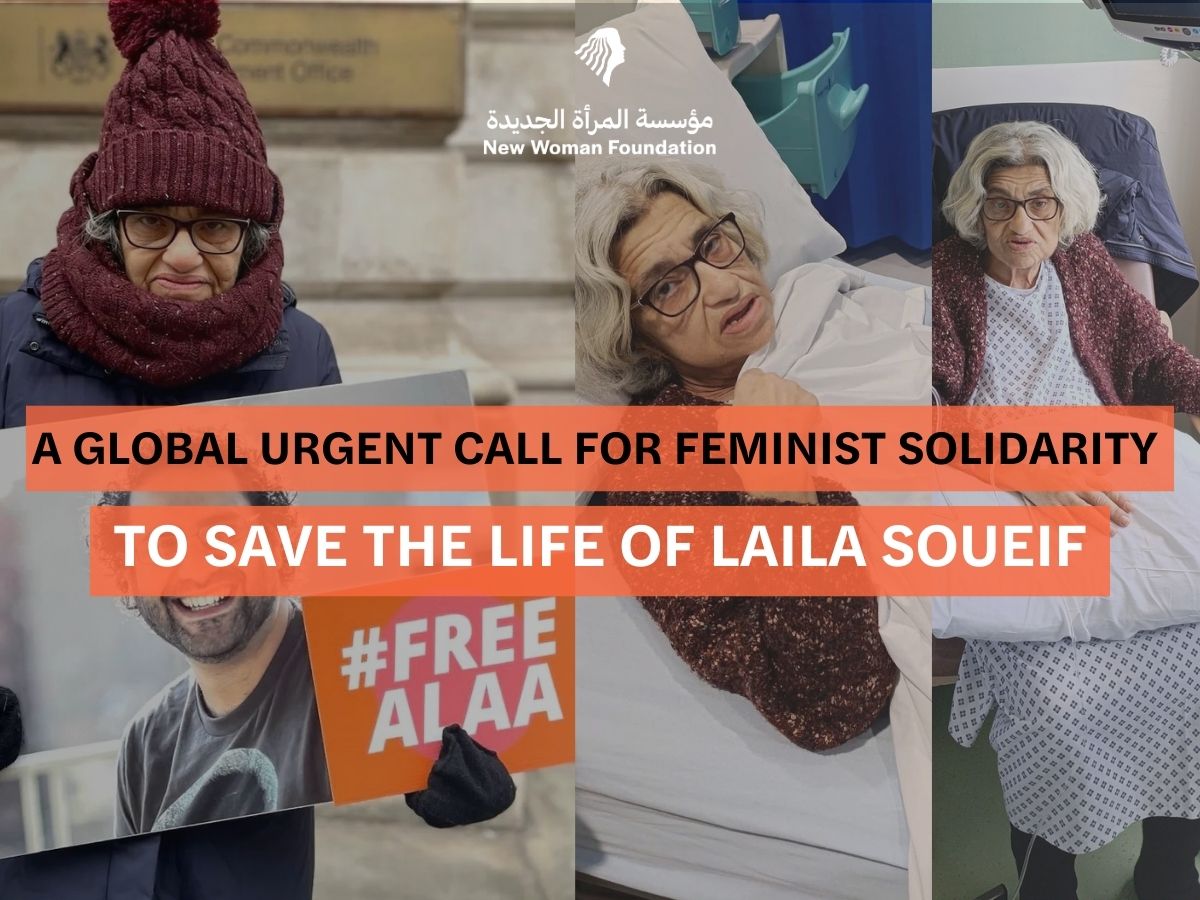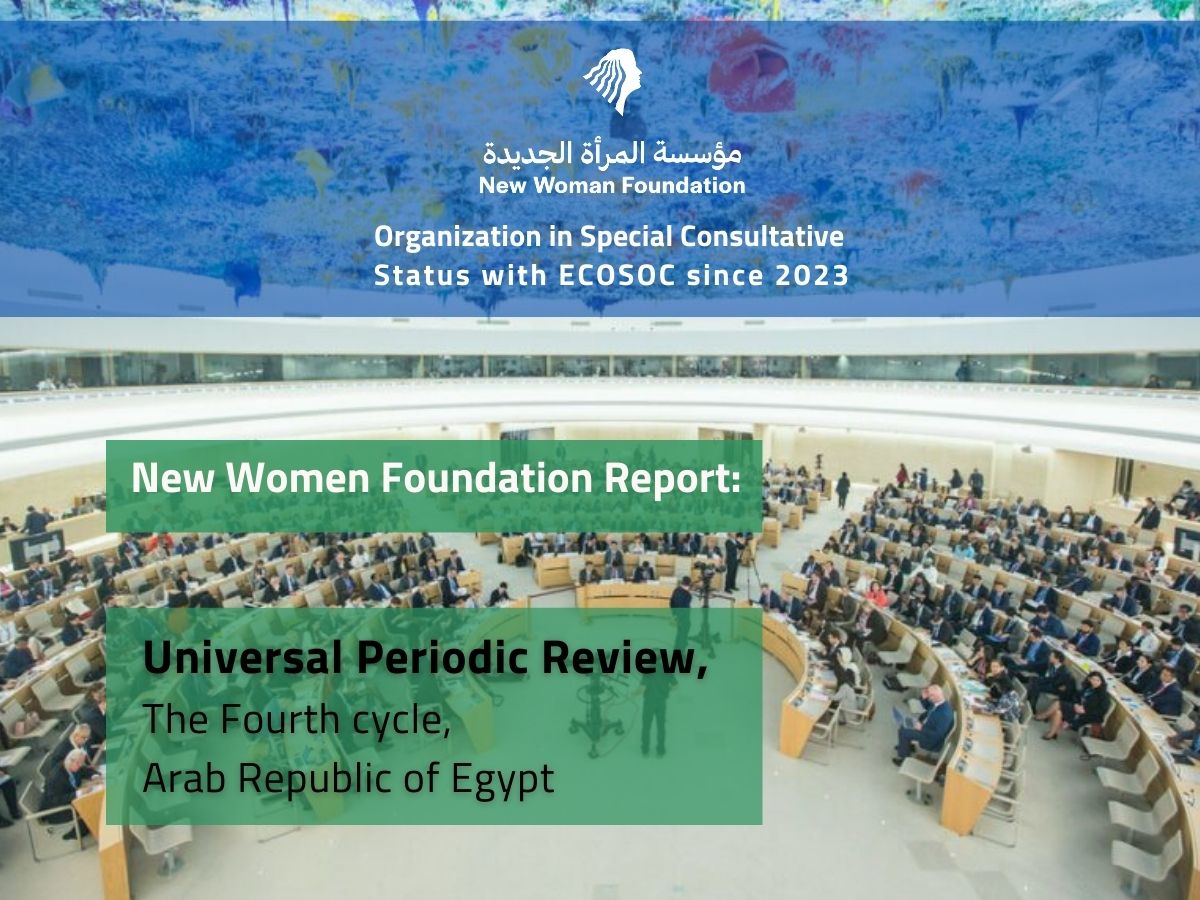- Contact Us
- 0020233382706
- nwrc@nwrcegypt.org
More women leaders in media needed to change attitudes in Middle East, activist says

Saudi Arabia to Bar Women from ‘Showing Off their Beauty’ on Television
July 26, 2015
Gender and Equity in Access to Health Care Services in the Middle East and North Africa
July 29, 2015The Arab world needs more female leaders in the media to change cultural attitudes, says an activist.
Soap operas in particular have the power to address challenges facing Arab women and families and aid their development, according to Zainab Salbi, the founder of Nida’a Network, a multimedia platform for Arab women.
“The point when I decided to work in the media was after the story of one Iraqi woman in a very poor province of Iraq,” said Ms Salbi.
“She was abused by her husband for 20 years and decided to have a divorce. When the lawyer asked her why now, she quoted the Turkish soap operas and said she realised that she did not deserve to be treated this way.”
Ms Salbi believes that acknowledging the role of Arab women in the television and technology sectors can spur economic development.
But the media industry remains largely dominated by men, and the media still defines women’s roles as being a mother, wife or daughter.
“Arab economies cannot develop without the inclusion of women. One way to do this is through the media to spread the message,” she said.
The proliferation of foreign soap operas, particularly Turkish ones, has, however, had a big impact in changing attitudes across the region. For instance, they are inspiring men to take better care of their appearance to look more like the silver-screen heroes, as well as encouraging women to demand more respect in their relationships.
In terms of online social media, women comprise about 50 per cent of users on Facebook. But in the Middle East, they make up just 30 per cent, as many fear the harsh judgement of society and their families if they express their opinions online.
“Getting the remaining 70 per cent online means education, access to technology and a cultural shift that it is OK to express your voice, even if it is controversial,” said Ms Salbi.
A study by the business consultancy Booz & Company reveals that survey respondents aged 15 to 35, labelled as the Arab digital generation, are more likely to feel that there is gender inequality in the workforce.
Ramez Shehadi, a partner at Booz said: “Only 45 per cent of that group believe that women have the same opportunities to work as men.
“One potential explanation for these findings is that younger people in the Mena region have higher expectations.
“This is a potential opportunity to educate citizens, as there is convincing evidence that adding women to the workforce can spur economic growth.




